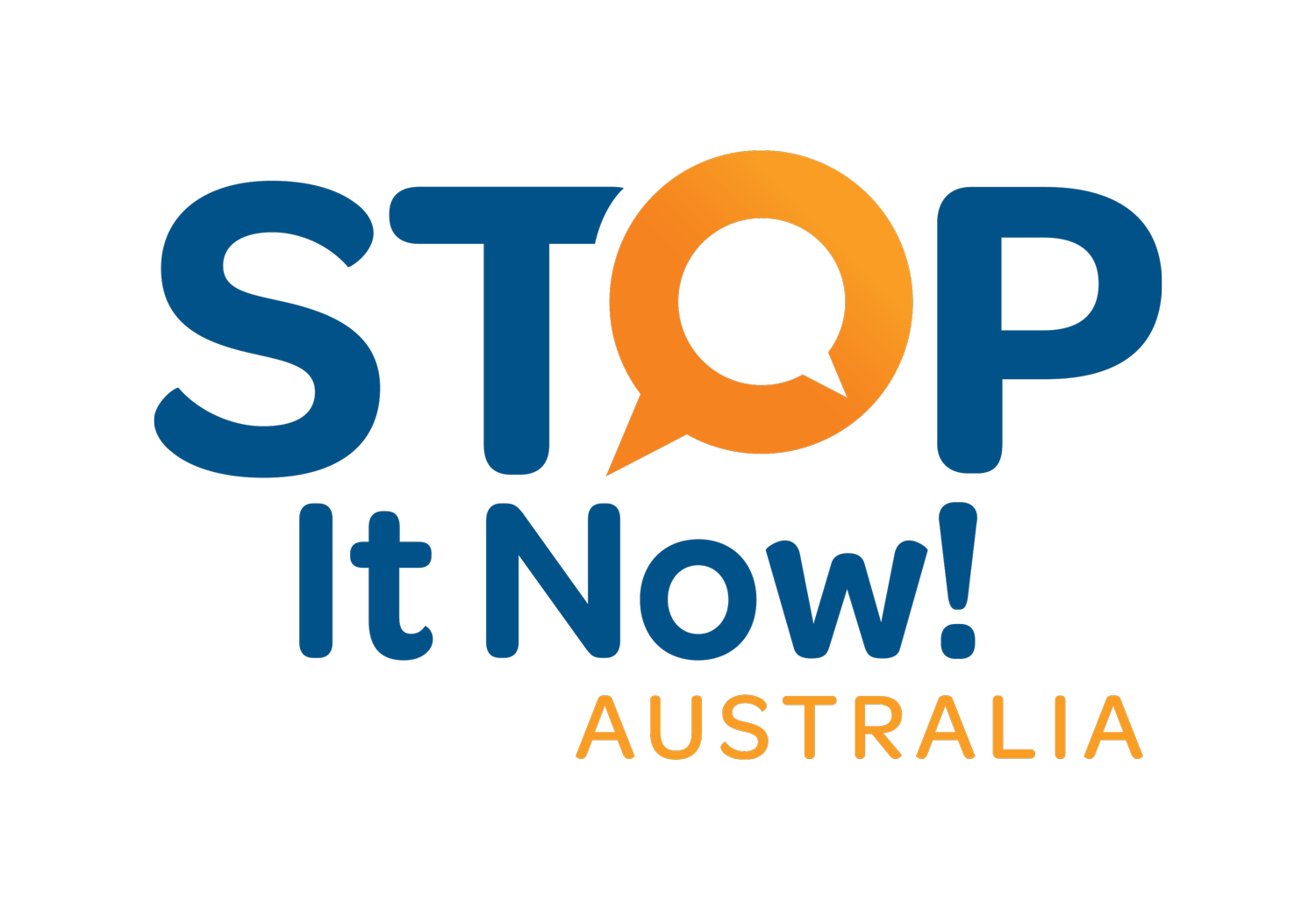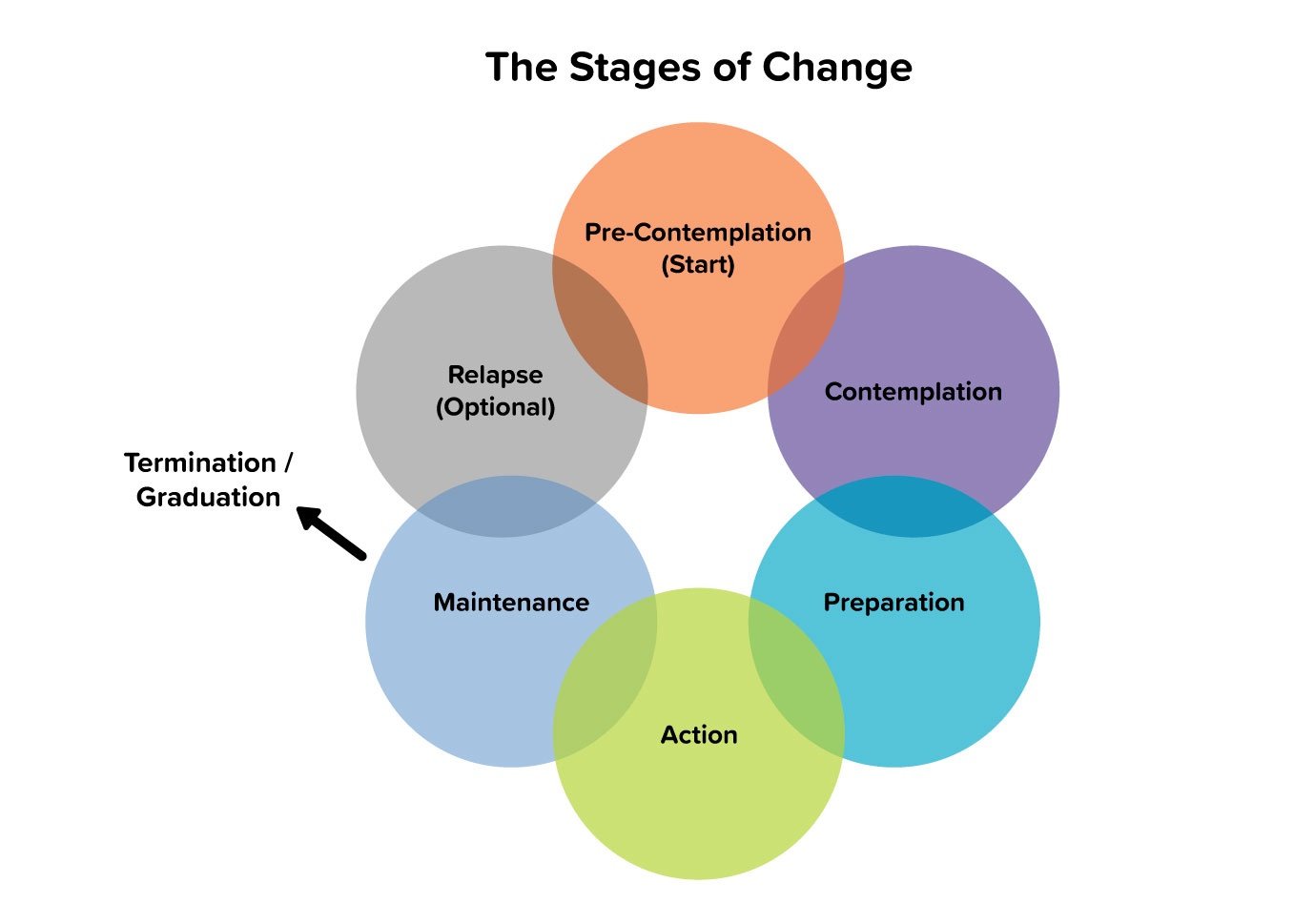Concerned about your own online behaviour?
We support people who are worried about their own online behaviour and who want to change. We encourage you to use our anonymous helpline or live chat. You may also find it helpful to have a look through the below information and consider accessing the Get Help! self-help modules.
We don’t keep details or information that can identify the people who use this site. Like the Stop It Now! Australia helpline, the Get Help! modules are free and anonymous.
We want you to know that there is help and support available for you.
The Get Help! modules offer valuable information about:
Understanding your behaviour - understand your sexual behaviours, motivations, trends and patterns - and how to stop
Your well-being and self-care - help with expressing your feelings, increasing your self-esteem and becoming more assertive
Moving forward - how to continue moving forward, disclose your offending and build a fulfilling life
These modules take you through exercises that will help you address different issues that you may be experiencing.
We suggest that you work through these in order but there might be ones that are more important to you and that you want to start with first.
We encourage you to look at all sections, even if you feel confident in them, as you may still find them helpful.
-
The self-help section has a series of exercises that will help you understand more about your sexual interest in children and how to manage these feelings.
Consequences of viewing sexual images of children online
These pages aim to tell you more information for Australia about:
what the law says about online sexual behaviour involving children
the criminal justice system, from arrest to possible imprisonment
potential consequences of offending to you and your family
You need to ensure that you understand the law, so that you know what is right and wrong (even if you believe otherwise) and that you understand that being caught by the police will come with many consequences, not just the possibility of going to prison.
Child sexual abuse is predominantly a state and territory responsibility, however, the Criminal Code Act 1995 (Cth) criminalises child sexual abuse and dealings with child abuse material in any form (print, photographic, online, or visual recording images). Under Commonwealth law, you could face child sexual abuse offence charges if you take, distribute, make available, possess, or store sexual or intimate images of someone who is under 18 or who looks or represents someone under the age of 18. This equally applies under state and territory laws.
Understand why and how to change your risky or illegal online behaviour
Well done! By using this self-help guide you have taken a brave step forwards. You might be concerned about your online sexual behaviour and want to take positive steps to deal with it. You have the power to stop yourself from offending online and this guide will provide you with information and tools to help you achieve this goal.
Of course making changes in life is never easy. For example, smokers rarely stop smoking at the first attempt, just as people who are concerned about their weight usually try several different diets. But people do successfully change their behaviour all the time. We think there are three initial steps that help people to change their problematic online behaviour.
Step 1. Recognise and accept you have a problem.
Step 2. Recognise that viewing inappropriate material online is harmful both to your own life and the lives of others.
Step 3. Develop a plan for change
The Stop It Now! Helpline and website aim to help you work through these steps and build a healthier, happier life.
In the first step you need to be as honest as you can, if you can identify the areas that apply to you and your sexual behaviour; then you can start to address problem areas.
It is important to be aware that working on these problems can become difficult and distressing, as personal growth and change often can be. Therefore it is important that you look after yourself as you work through this difficult time, and consider reaching out to family and friends, as well as the helpline for support.
Most of us recognize that change doesn’t suddenly happen, but it is gradual and a person’s motivation changes. A popular framework for discussing motivation to change is the Stages of Change Model developed by James Prochaska, Ph.D. and Carlo DiClimente, Ph.D.
In Changing for Good (1994), Prochaska and DiClemente describe the six stages of change:
Spend some time thinking about some positive goals that will help you move towards being the person you want to be. It is important to set goals in manageable bitesize ways that makes them much more achievable and makes change even more likely.
My goals exercise
My goals for the next week, for example, are to spend less time online, not access any images of children, and go for a 10-minute walk every day.
My goals for next month, for example, are to spend more time with family or friends, feel better about my behaviour, and go for a 15-minute walk every day.
My goals for the next 3 months, for example, are to feel happier, start a new hobby, and go for a 20-minute walk every day.
Obsessive compulsive disorder
Some people who are concerned about their sexual thoughts about children may have a form of obsessive compulsive disorder (OCD), characterised by intrusive or unwanted sexual thoughts about children. These people are not sexually aroused by these thoughts, which instead, cause them extreme distress and anxiety.
If this sounds like it might be true for you, we suggest you speak to your doctor. The modules on this site are not designed to treat OCD. Read more about OCD.
Disclaimer
Before you progress further through this website, please read our disclaimer.
The information provided throughout this website is intended for information, self-exploration, and self-help only. It is designed to increase awareness in people who may feel that they have a problem with sexual thoughts about children, or have thought about acting on these thoughts but have not already done so, or those who have offended and are seeking to avoid repeating this behaviour.
The information contained in this website is not, and should not be taken as, a substitute for professional advice and/or treatment.
Although the content of the self-help exercises is based on existing research, this research is ongoing and the authors would not wish to make any claims about its effectiveness.
All the information contained on this website is intended to increase awareness of a difficulty, or potential problem, with regard to a sexual interest in children and is not designed to form a diagnosis. Anyone who feels that they may have a problem in this area should seek professional advice from a qualified person.
The Stop It Now! Australia team accepts no liability for claims by, or damages of any kind whatsoever, to users of this website. This also applies to decisions or actions taken by any individuals on the basis of the information contained on this website.
The information and materials, unless stated otherwise, are copyrighted by Stop It Now! Australia and are intended solely for the user’s own use.
The contents, design and format of this website are under the ownership of Stop It Now! Australia and must not be reproduced or distributed without prior permission.
Your use of this website constitutes your agreement to the provisions of the disclaimer.

